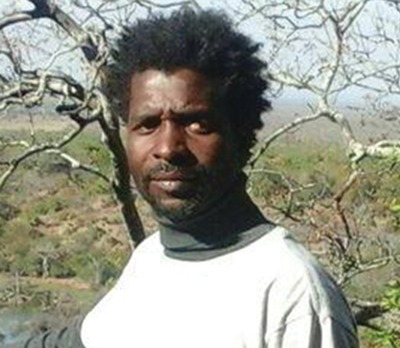
PRIMARY and secondary schools opened their second term on Tuesday. They opened only online due to the COVID-19 pandemic-induced lockdown, leaving 90% of the pupils outside the formal educational system because they are not digital natives.
Digital native is a term that generally refers to youth born during the digital age that grew exponentially after the turn of the century. It means a people who use internet-based technologies for most of their day to day activities – work, learning, entertainment and socialising – online using handheld digital appliances such as smartphones, laptops or desktop computers.
To be a digital native is a result of privilege, especially in Zimbabwe, a country with a history of economic and social apartheid, a country that had and continues to have an economy at best described as “dual enclave” to borrow from Zimbabwe Congress of Trades Union research that highlighted how Zimbabwe was divided largely into two – urban and rural.
For 90 years – 1890 to 1980 – during the colonial era, the white minority colonial regime developed schools in urban areas leaving the majority black Zimbabweans in communal areas without access to education.
After independence in 1980, the new black-led administration of the late Robert Mugabe went out of its way to establish schools in rural communities and train teachers.
The new schools were mainly basic brick and mortar structures, but did not have facilities like libraries, science laboratories or sporting facilities like courts and swimming pools. However, the facilities offered an education that increased literacy in the country to the all time high of 92%. For the record, United Nations Children and Education Fund defines literacy as the ability to read and write.
Most rural primary schools had a prized possession that was looked after by no lesser a person than the headmaster – a small battery-powered transistor radio – which was used for radio lessons to complement the inadequate teaching material. Radio was a technology that had generally good reception in 80% of the country, but border areas had no coverage on the FM frequencies.
Television was another technology that could have been used for education purposes, but it was an expensive mode and very few black families could afford purchasing a television set and its reception only covered 60% of the country – mainly urban areas and commercial farming communities and mines.
- Chamisa under fire over US$120K donation
- Mavhunga puts DeMbare into Chibuku quarterfinals
- Pension funds bet on Cabora Bassa oilfields
- Councils defy govt fire tender directive
Keep Reading
Mobile and digital technology is a relatively new technology with the first cellular call made as late as 1996 ahead of the World Solar Summit held in Harare. Then the NetOne coverage was only accessible in the capital city mainly the central business district and avenues area.
The technology has grown over the last quarter century, however, it has deliberately been in urban areas and generally followed the national highways.
Mobile technology is not seen as a public service, but a commodity sold to the highest bidder hence following the economic belts in development of base stations.
Eighty percent of the population still get their service through 2G base stations while the remainder in Harare’s northern suburbs and central business district and Bulawayo have access to 4G or 4G LTE technology.
The country’s dalliance with neo-liberal policies of privatisation during the structural adjustment programme between 1990 and 1995 and since 2000 under the title Staff-Monitored Programme have had a devastating effect of widening the gap not only between the rich and poor, but also between the urban and rural.
Private companies – network providers have largely concentrated on developing infrastructure in urban areas, including their new fibre data networks, leaving the poor rural communities outside the digital revolution.
COVID-19 lockdown has further exposed where we stand as a country when only rich, cash flash private schools have reopened online for the second term while all other schools are waiting for the pandemic to be put under control before they can resume lessons. The pupils at these private schools come from the rich families, they have smartphones and laptops and most have access to 4G LTE base stations in the northern suburbs that can allow seamless video streaming and conferencing.
Even if the poor from high-density suburbs can afford a secondhand smartphone or laptop for e-learning, the cost of data and use of 2G base stations will make it an exercise in futility.
By no fault of theirs, except to be born of poor parents, pupils in rural communities and high-density suburbs have been systematically declined education.
Zimbabwe’s neighbour South Africa has adopted e-learning too but made it easier for the poor to access education on television and radio. For tertiary students, colleges are giving students 30 gigabytes of data and have negotiated with network providers to zero-rate access to some academic sites.
Our Cabinet by deciding on e-learning without considering the digital infrastructure and associated costs of delivering lessons online has shown how distant it is from the common men and women.
It has proven how neoliberal it is – going to bed with MNO and data companies instead of protecting the vulnerable.
It is beyond shocking that the regime chose online learning ahead of radio or television lesson that could be accessed by the majority. It is now a government for the few and not the many.
As hard as it may sound, the regime has decided to make children of the poor perpetual drawers of water and hewers of wood by making education a privilege instead of a right.
Paidamoyo Muzulu is a journalist and writes here in his personal capacity.











